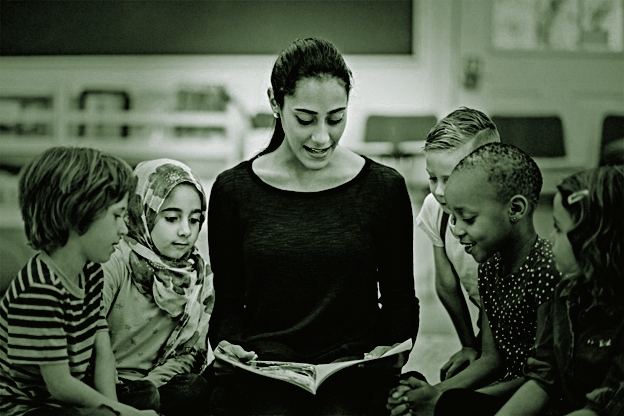

Logical fallacies in the case for phonics
In her commentary in the Minnesota Reformer on Friday, March 10th, Jennifer Trost presents a syllogism advocating for the adoption by the legislature of a structured phonics program mandate for all public schools in the state. A program that the chief author of the bill in the Minnesota House calls a “massive change” in teaching literacy “basing it off of structured literacy or science of reading.” Here’s Ms. Trost’s syllogism:
Major Premise: Literacy reduces crime
Minor Premise: Phonics instruction improves literacy for all students
Conclusion: Phonics must be taught to reduce crime
The problem with it is that the Minor Premise is doubted by many national – and international – literacy experts. Here are three sources on the subject that are difficult to summarize here, but they’re good and I commend them.
Is there really a ‘science of reading’ that tells us exactly how to teach kids to read?
Legislating Phonics: Settled Science or Political Polemics?
I did make an effort to summarize these sources in stories here: The Great Literacy Foodfight and The Great Literacy Foodfight II.
The phonics advocates claim the scientific high ground and intimate – or outright say – that educators who don’t agree with them are ignorant, misguided, or worse. But as the trio of national literacy experts say in the first and third articles linked above, science does not establish that a phonics-heavy system of literacy instruction is best for all students, and it is unwise to legislate a phonics straitjacket for all schools and all students.
In Legislating Phonics, the authors observe that lawmakers don’t dictate to doctors what instruments to use or how to perform surgical procedures. They feel free to do that in dictating professional education practice, though.
Ms. Trost writes that intensive phonics training helped her child read better. Good; I’m glad it did. Nobody is saying that intensive phonics training isn’t helpful for some students. But Ms. Trost’s child is a datum, not data. It’s anecdotal, a personal endorsement, and not evidence upon which to adopt legislation with a possible $60 million (it was $100 million just a week ago) price tag for an immediate statewide rollout of a “massive change” in general education classrooms. Ms. Trost makes an inferential leap by leaning on the slenderest of reeds.
My opinion is contrary to Ms. Trost’s. I believe a phonics straitjacket in general education classrooms will be a giant turn-off to students who don’t need it and don’t want to wade unnecessarily in the pond of diphthongs and schwa sounds. It won’t make these students enthusiastic readers.
Here’s an article on Medium featuring a fifth grader dealing with phonics; it has a piece by Ira Glass of This American Life linked in it.
The goal in education, including literacy education, should be differentiated learning suited to the child. For the kids who can, let them soar in fluency and vocabulary and read subject matter that is of interest to them. Reading material that is interesting is the way to hook kids on reading. A rigid phonics curriculum is not differentiated.
Structured literacy and the “science of reading” are drill and kill.
Probably without meaning to, Ms. Trost put her finger on some real problems in education. We’ve neglected and underfunded general and special education for so long, we can’t even see it. Ballooning class sizes do not permit differentiated education, suited to the individual needs of kids. Special education requires massive cross-subsidies from the general education side, and even then special education is underfunded. And we’re left with what should be special education programs loaded on to the general education curriculum. It’s one-size-doesn’t-fit, or certainly please, anybody.
The Minnesota Legislature can fix this, of course. The $60 million [turned out to be $110 million] ought to be spent, but not by bringing special ed to the general ed classroom.*
Maybe a little humility is in order for the legislature, too, and it could fund a pilot project rather than a “massive change.”
§ § §
* “Mother, why can’t my school have band, or art, or theater?”
“Sweetie, when you say ‘mother,’ you shouldn’t end it with a hard ‘R.’ It should be more of a schwa sound. You learned that in school, right?”
Thanks for your feedback. If we like what you have to say, it may appear in a future post of reader reactions.

